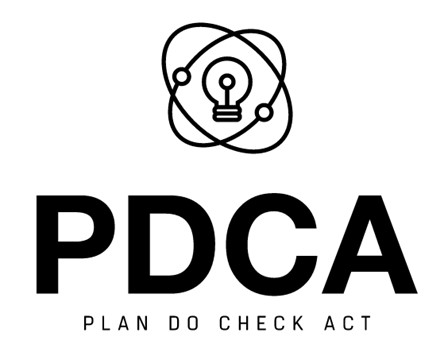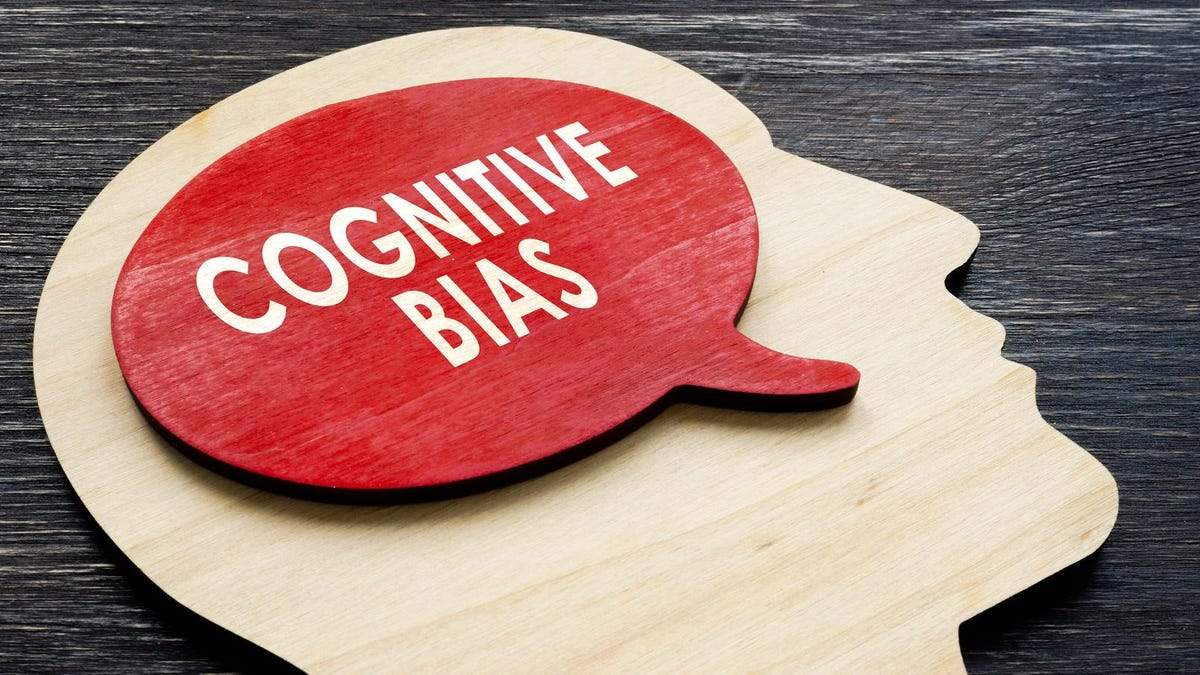The Ark question and cognitive bias
You are probably familiar with the Christian or Islamic story concerning the Ark. Can you remember how many of each animal Moses brought with him onto the boat? You may have been thinking the answer is two but it’s actually zero. (It was Noah, not Moses, who built the Ark).
When discussing communications with a group I often use this question as an example of cognitive bias. The brain employs short cuts (or heuristics) to save time and effort. Hearing the words “Christian”, “Islamic” and “Ark”, the brain is already primed to think of pairs of animals and jumps to this answer while overlooking the other details of the question.
In his 2012 best-selling book “Thinking, Fast and Slow”, Daniel Kahneman describes the brain as having two operating modes which he calls System 1 and System 2. System 1 automatically generates suggestions, feelings, and intuitions for System 2. If endorsed by System 2, intuitions turn into beliefs, and impulses turn into voluntary actions. Cognitive strain taxes System 2, making it more willing to accept System 1. So, we’re more exposed to cognitive bias when we’re stressed.
When faced with a difficult question, System 1 substitutes an easier question, or the heuristic question. The answer is often adequate but not as accurate. For example, when asked about happiness people consider their current mood instead. Or when asked about the prospects for a political candidate in an election, people consider if the person looks like a political winner.
We can’t switch off System 1, so biases are difficult to prevent. It’s also impossible to constantly question System 1 and System 2 is too slow to substitute for routine decisions. We should aim for a compromise: recognize situations when we’re vulnerable to mistakes and avoid large mistakes when the stakes are high.

